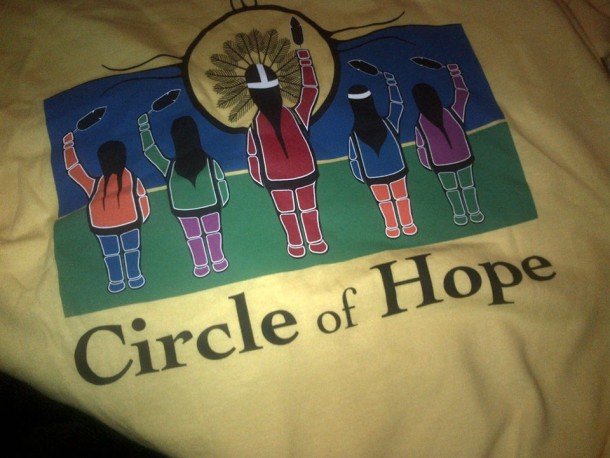“Millions of people sit on the sidelines not because they can’t contribute or don’t want to, but just because there is not a viable pathway into the workforce for them.”
By Lee Mannion
LONDON – (Thomson Reuters Foundation) – When George R. Roberts made his fortune in the freewheeling 1980s, money talked and greed was good. Now that the American billionaire is using some of that fortune to help others find jobs, it seems hope matters more than hard cash.
That is the view of the head of REDF, the fund Roberts set up 20 years ago to invest in businesses that hire people who would otherwise struggle to get jobs due to homelessness, substance abuse, mental health or other problems.
“If you ask them directly what they value about the opportunity to work, they don’t start with the pay cheque,” REDF’s president Carla Javits told the Thomson Reuters Foundation in an interview.
“Often it’s about that feeling of contribution and self-respect.”
REDF invests $15 million a year in social enterprises – businesses with a mission to benefit society as well as turn a profit – that have a clear mission to get the most marginalised people back on their feet.
So far that has resulted in 27,000 jobs for people who would otherwise likely have been excluded from the workforce in the United States.
Financially, some would have been better off on benefits, but have chosen to work, said Javits, who believes the benefits this produces extend well beyond the individual.
“Having people capable of sitting on the sidelines instead of contributing, that’s a negative for GDP, for growth,” she said.
“We know that millions of people sit on the sidelines not because they can’t contribute or don’t want to, but just because there is not a viable pathway into the workforce for them.”
Roberts was one of the three original partners of global investment firm Kohlberg Kravis Roberts, and business magazine Forbes estimates his personal fortune at more than $5 billion.
REDF applies the investment mindset to the social enterprises it funds – only it expects its returns to come in jobs created rather than profits.
Javits points out that the U.S. government currently spends large amounts on training programmes for unemployed adults, money that could be saved if there were more social enterprises prepared to train and hire them.
“I would like to see government appreciate the results that social enterprise can create in bringing people into the economy. Then we can reduce that cycle of homelessness or incarceration,” she said.
When REDF assessed 282 workers in seven organisations it had supported, it found society saved money because of reduced benefits payments and tax revenue.
Although she would like to see social enterprise receive more state support, she also wants the government to address wider social issues such as affordable housing.
With 27 million Americans claiming working tax credits, according to the Internal Revenue Service, taking on employment is sometimes not the straightforward choice it seems.
“Right now a lot of people that go to work face this kind of Hobbesian choice – do I get some level of subsidies for the basics I need in life or can I fully support myself through work?” Javits said. (Reporting by Lee Mannion @leemannion, Editing by Claire Cozens Please credit the Thomson Reuters Foundation, the charitable arm of Thomson Reuters, that covers humanitarian news, women’s rights, trafficking, property rights, climate change and resilience. Visit http://news.trust.org)
(Reporting by Lee Mannion @leemannion, Editing by Claire Cozens Please credit the Thomson Reuters Foundation, the charitable arm of Thomson Reuters, that covers humanitarian news, women’s rights, trafficking, property rights, climate change and resilience. Visit http://news.trust.org)







